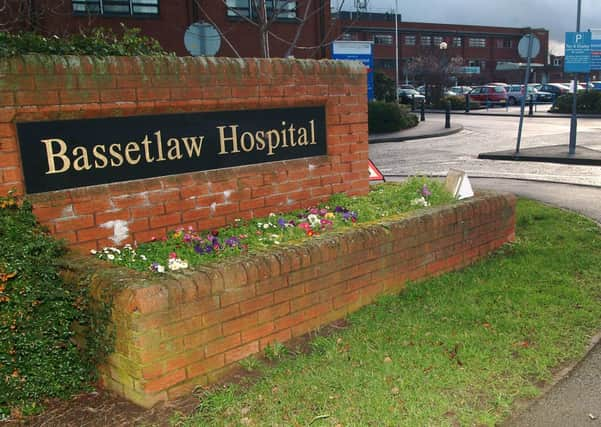Bassetlaw: AAA programme is a life-saver


The number is in addition to the nearly 4,500 men in their 65th year who responded to a written invitation for screening between February and October 2013.
As a result of the take-up in the programme, 100 men who have had the free ultrasound scan have been found with some form of aneurysm.
Advertisement
Hide AdAdvertisement
Hide AdTwelve of these men were diagnosed as having the most serious form of AAA and were at genuine risk of suffering a potentially fatal rupture.
As AAAs are largely symptomless, if the men hadn’t had taken up the offer of the AAA scan being provided for free by Doncaster and Bassetlaw Hospitals, which provides the screening service in South Yorkshire and Bassetlaw, they could have suffered a potentially fatal rupture without ever knowing that they had the condition.
An AAA is an enlarging of the main blood vessel in the body – the aorta – which if left undetected can lead to a fatal rupture. AAAs mainly affect men aged 65 and over and, due to the lack of symptoms that men with the condition show, the AAA screening programme aims to identify aneurysms and, ultimately, save lives.
Vascular surgeon Mr Ray Cuschieri, clinical lead for the screening programme, said: “Lives have undoubtedly been saved here and we are very pleased that so many older men have taken up the offer of being screened for AAAs.
Advertisement
Hide AdAdvertisement
Hide Ad“We are especially pleased that we have been able to identify the men with large aneurysms and have put them into treatment before they could suffer a potentially life-threatening rupture.
“For the sake of a 10-minute scan, we could save your life. For that reason I would encourage all men who are 65 and over to seriously consider the offer of screening.”